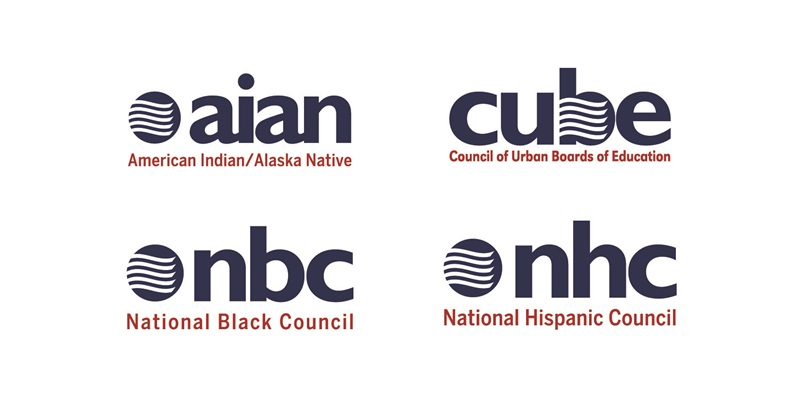The promise of public education is for every child to succeed in school and life. To realize this promise, every child must be given resources, supports, and interventions based on his or her needs. The nation's school boards are uniquely positioned to fulfill this promise to all students, which is why NSBA is committed to educational equity for all children in public schools.
As the concept of equity can mean different things to different people, NSBA, its Board of Directors and staff embarked on a journey to define the concept of educational equity. Here is the product of this journey:
"We affirm in our actions that each student can, will, and shall learn. We recognize that based on factors including but not limited to disability, race, ethnicity, and socio-economic status, students are deprived of equitable educational opportunities. Educational equity is the intentional allocation of resources, instruction, and opportunities according to need, requiring that discriminatory practices, prejudices, and beliefs be identified and eradicated."
NSBA’s Equity Councils
NSBA has four councils that represent school board members in districts with underserved students. The councils—the National American Indian/Alaska Native Council of School Board Members (AIAN), the National Black Council of School Board Members (NBC), the Council of Urban Boards of Education (CUBE), and the National Hispanic Council (NHC)—have been working for years to ensure that school board members both understand and are equipped to support the unique needs of historically disadvantaged children.

NSBA in the News
NSBA Chief Transformation Officer Verjeana McCotter-Jacobs, Esq., discusses how inequities have long existed in education and how the homework gap must be addressed to help our underserved students.
U.S. schools revamp curricula in response to Black Lives Matter | Reuters (Aug. 2020)
NSBA Executive Director and CEO Anna Maria Chávez highlights the increase in requests from state associations for advice on equity-related education materials.
NSBA Executive Director and CEO Anna Maria Chávez and NSBA Chief Transformation Officer Verjeana McCotter-Jacobs, Esq., discuss the decisions that education leaders, including school board members, must make regarding curriculum and policy changes.












Share this content